Our cultural romance with “the new” often clouds our ability to see the environmental impact of new technologies in real time. Only in retrospect do we see many of the problems associated with our advancements. Over time, we discover how our favorite tech gadgets are made and their underlying impact on the planet. At some point the rise of car culture and the lightweight convenience of a plastic Coca Cola bottle led to the chilling moment when we stepped out of the smog and thought “what are these products doing to the world around us?”
A similar awareness moment may be coming for our most basic technologies today. Our culture has been very wasteful with our rapidly advancing tech, producing millions of new electronic devices and only limited recycling options (and often a minimal consumer understanding of what they’re made from). Many businesses are starting to see the benefits of print marketing over digital, and they are choosing to revert back to paper and ink for advertising. But what about for daily business?
One way business can possibly help the environment and the world is to switch from print to digital only when needed. This can help minimize upgrading costs, promote easy recycling, and producing less harmful waste in the long run.
Traditionally, paper companies were among the worst offenders for pollution. Perhaps thanks in part to widespread backlash against paper mill practices during the 90’s, sustainable recycling for paper came to be seen by many as one of the great successes of environmentalism in our time. Americans recycled 66.8 percent of paper waste in 2011 according to the Paper Recycling Coalition. Consumers gravitate towards recycled paper goods more than ever, and the process of recycling has proved to minimize waste.
Combined with smart recycling of printer ink cartridges and components, printing with recycled paper now is a better environmental choice than ever before. Here are several reasons why paper and print management of your business is actually more environmentally friendly than running it all from iPads and laptops:
1. Print media is easier to recycle. Recycling electronics is labor intensive and often wasteful for both consumers and the recyclers themselves. Small parts and potentially toxic chemicals combine to make consumer electronics among the more difficult things to process and reuse. Paper recycling by comparison is more inexpensive than ever and easy with minimal waste in the process. Beyond that, the quality and availability of paper you purchase with a percentage of recycled material makes buying greener materials easy and pain free.
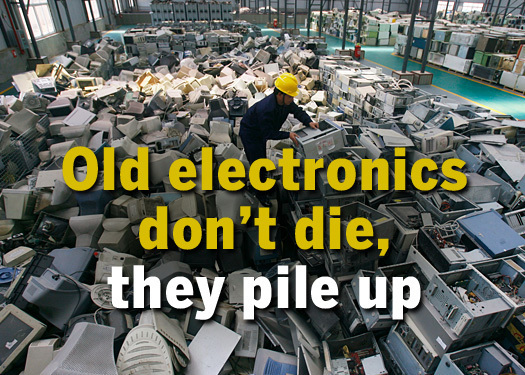
2. Print uses and manages natural resources better. How electronics are made is as much an ethical issue of environmental importance. A lot has been written about the use of conflict minerals in electronics, many of which are mined in war-torn Democratic Republic of Congo and contribute to the exploitation of locals. Other less ethically dubious components such as aluminum and plastics are carbon intensive to extract, in the case of metals, or produce from oil itself. Virgin paper on the other hand can be ethically produced using managed forests. Environmentally savvy paper companies avoid cutting old growth forests and replant trees harvested. All this before we even consider the prominence of recycled paper in today’s marketplace.
Print is less energy intensive. More greenhouse gas emissions come from producing electricity than all the cars and trucks in our country combined. Despite the recent popularity of sustainable solar and wind power, carbon intensive coal and gas fired power plants still pump an immense amount of carbon pollution into the atmosphere. Every device you plug into the wall adds to the burden of data centers and power plants, and while it’s difficult to live in the modern era without these important tools . . . the fewer you plug in the better.
Print waste decomposes faster. Smartphones and tablets are made from materials that decompose in landfills at an alarmingly slow rate. Silicon circuit boards, plastics, batteries, and small metal components can take hundreds of years to return to their elemental form. Lithium batteries and circuit components such as diodes from tablets and laptops are known to leach a range of toxic chemicals when disposed of improperly. Comparatively, paper that doesn’t get recycled will decompose in a matter of months.
Print breaks the cycle of upgrading. Keeping up with the pace of new technology is expensive and, at times, wasteful. Advances come quickly and in time your state of the art laptop moves too slowly to perform the types of tasks your business requires. And, unfortunately, upgrading to new tech involves extracting new resources each time. Recycling paper is a cyclical process with marginal loss.
Laptops, tablets, and smartphones are a big part of our modern lives. Going completely without technology is likely impossible in this day in age, but when you are running your business there are ways you can unplug. The benefits are not only environmental, but physical—eye strain from a constant bevy of screens can cause fatigue and make it more difficult to work, and studies show that too much screen time can interfere with regular sleep patterns and more. Choosing when and where you want to use technology—and where more analog methods like print are better—can positively affect the way you view your business (as well as the way you impact the world!)


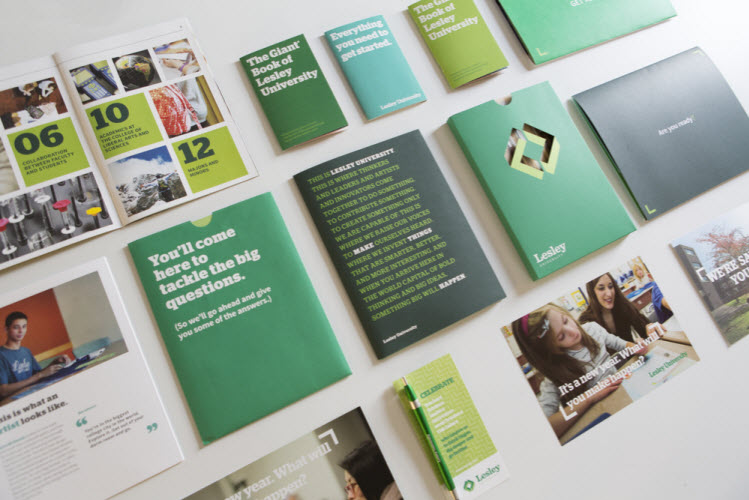
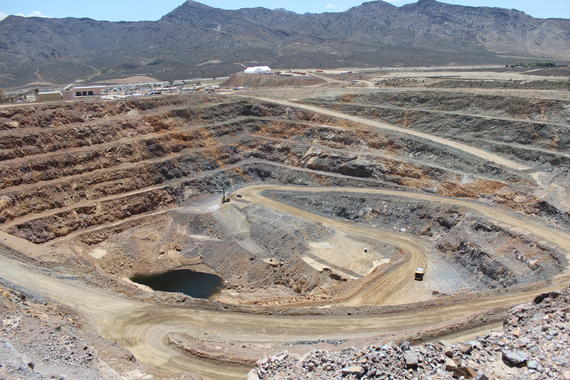
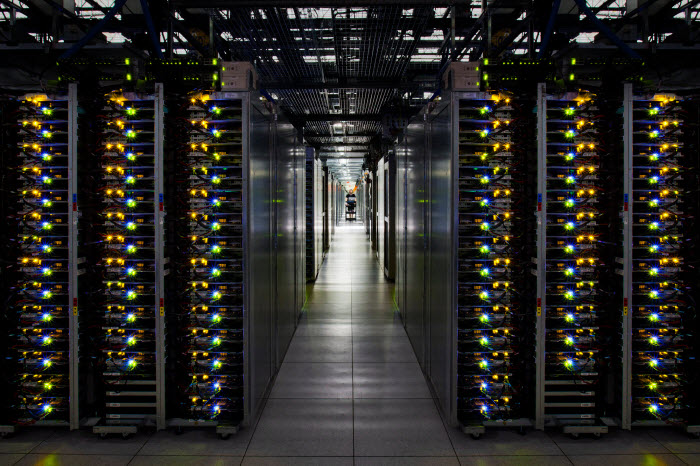
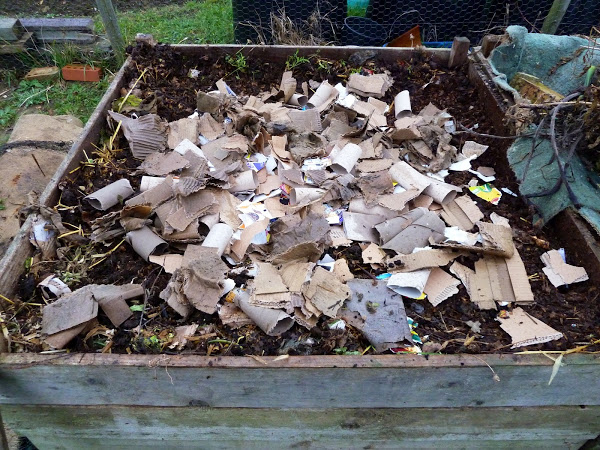


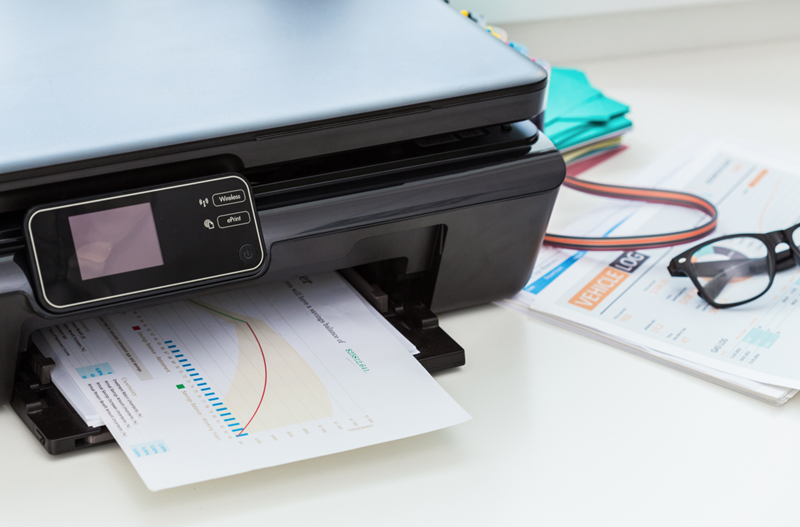

Leave a Reply